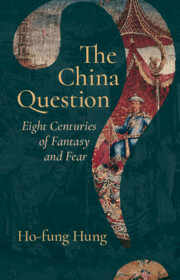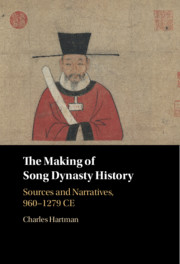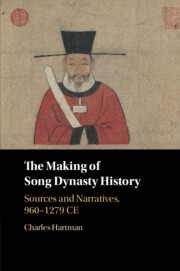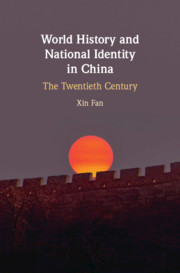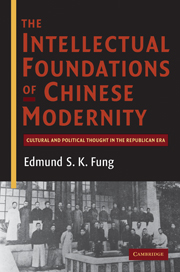The China Question
For centuries, Western scholars portrayed China either as a land of superior morality, economy, and governance or as a formidable country of pagans posing a global threat to Western values. Idealized images of China were used to shame rulers for incompetence, while China was demonized as an external threat to cover domestic political failures. In the twentieth century, the geopolitics of global capitalism have facilitated more nuanced perspectives, but the diversifying of knowledge about China is far from complete. In this thought-provoking study, Ho-fung Hung finds that both Western elites and China's authoritarian regime today continue to promote many orientalist stereotypes to advance their economic interests and political projects. He shows how big-picture historical, social and economic changes are inextricably linked to fluctuations in the realm of ideas. Only open debate can overcome the extremes of fantasy and fear.
- Presents the long-term historical view of China from medieval times to the present
- Provides a nuanced analysis of both academic knowledge and popular perceptions of China
- Suggests ways of moving beyond polarizing views on China
Reviews & endorsements
'The China Question provides a fascinating tour d'horizon of changing images of China, foreign and domestic, from medieval days to the present. Based on wide research and deep reflection, historical sociologist Ho-fung Hung has written an accessible and eye-opening account suitable for the general public and academic community alike.' Elizabeth Perry, author of Anyuan: Mining China's Revolutionary Tradition
'Ho-fung Hung has crafted a comprehensive, detailed and nuanced investigation into the many forms of knowledge about 'China' that appeared in Europe and later North America since the era of the Mongol invasions in the 13thcentury. European scholarship experienced several cycles of sinophilia and sinophobia over the centuries. Hung's argument is at its most compelling when it pinpoints the ways in which Chinese scholars and politicians appropriated orientalist views of China into their own state-building discourses and projects. In this way, he highlights how exceptionalist arguments continue to be mobilized today both within and outside China in support of authoritarian rule.' Sebastian Veg, Sebastian Veg, author of Minjian: The Rise of China's Grassroots Intellectuals
'The China Question belongs on the shelf with classics by Jonathan Spence and Harold Isaacs. Western views of China have oscillated between 'Contempt and naïve idealization.' Social science research has brought empirical data to our understanding of China, but Orientalism still exerts powerful sway over policy and academic discourse.' David M. Lampton, author of Living U.S.-China Relations
'Western understandings of China have for many centuries tended to polarize between Sinophobia and Sinophilia. Hung furnishes a fascinating and persuasive account of how this Orientalist duality not only pervaded Western Sinology both on the left and the right, but also led to the 'self-orientalization' by Chinese intellectuals and the state.' Prasenjit Duara, author of The Crisis of Global Modernity: Asian Traditions and a Sustainable Future
'China's rich 4,000 history has always fascinated Westerners. Yet rarely have they approached that history objectively. Instead, China has been simplified, magnified, or distorted to stand for the 'anti-West.' Hung's magnificent survey shows how China has been, at various times, lauded as a model for art and governance and decried as a stagnant or threatening despotism. Hung's book sifts truths from falsehoods and gives us a much better understanding of China and of ourselves.' Jack A. Goldstone, author of Revolution and Rebellion in the Early Modern World
Product details
November 2025Hardback
9781009559775
324 pages
216 × 140 mm
Not yet published - available from November 2025
Table of Contents
- Preface
- Introduction: Orientalism in the longue durée
- Part I. Catholic Scholarship:
- 1. From Pax Mongolica to the long sixteenth century
- 2. The seventeenth-century crisis and the rise of Sinophilia
- Part II. Enlightenment Philosophy:
- 3. Early Enlightenment Sinophilia
- 4. Late Enlightenment Sinophobia
- Part III. Institutionalized Orientalism:
- 5. Romantic Sinology after the French Revolution
- 6. Scientific-racist Sinology in the age of empire
- Part IV. Cold War Area Studies:
- 7. From Sinology to China Studies
- 8. The 'Asiatic mode of production' myth
- Part V. Self-Orientalism:
- 9. Self-orientalizing nation building
- 10. Contested Confucianism
- Conclusion: de-orientalizing triumph, re-orientalizing perils.

